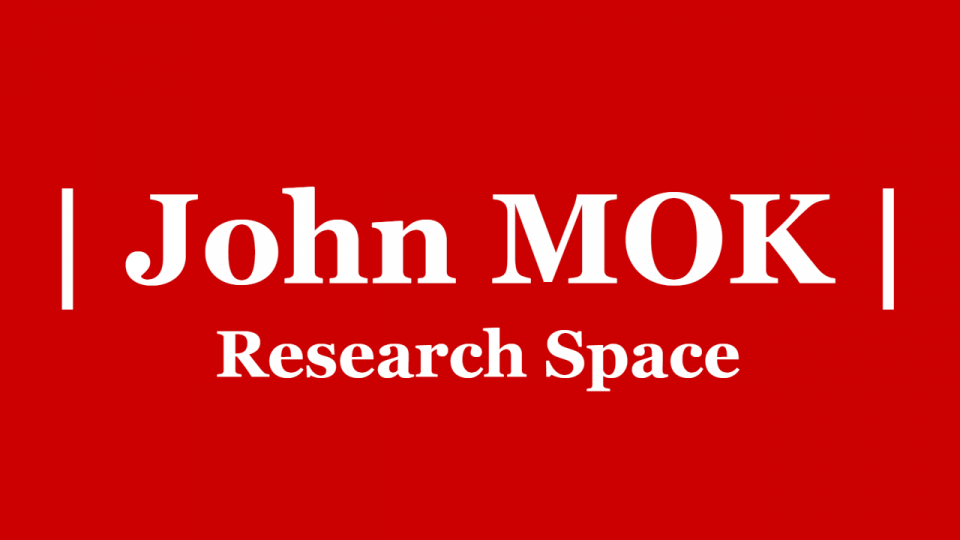I am a Phd student in sociology at the University of California, Irvine. My research interests include contentious politics, social movements, religion, and politics in Hong Kong and China. I write commentaries on Hong Kong in both Chinese and English media outlets, including The Washington Post, Nikkei Asian Review, and The Progressive.
Cite as: Mok, C.J. John, 2019. Research Program Description. University of California. November. http://centerforethnography.org/content/john-mok-research-program-0/essay

Ever since the establishment of the atheist Communist regime in 1949, all religions in China have been under different degree of repression. The Roman Catholic Church faces exceptionally strong hostility because of its linkage to a foreign sovereignty, the Vatican, and its alleged ideological connections with imperialism. With the rise of Xi Jinping to the presidency, the state adopted an iron-fisted control. Despite repression, Catholic communities survive and continue their missions. How then, we must ask, does the Catholic Church survive in a state that is hostile to its existence? How does the Church successfully sustain social spaces and maintain an integrated identity? Given the international linkage of local Catholic communities with the Vatican, we must also ask: how does the Church in China react and appropriate the Vatican’s policies to ensure its own survival? This project It intends to build a framework of resistance by revisiting James Scott’s concept of infrapolitics, and drawing resources from the scholarship of social movements that studies high-risk contention. I intend to inquire the questions through ethnographic fieldwork in two dioceses in South China. I will conduct in-depth interviews with various actors, and observe and participate in the daily activities of the Catholic communities there. It would contribute to furthering the theorization of resistance, bringing the studies of religion and movements together, and providing a better understanding in church-state relations in modern China.
The signing of the provisional agreement between the Vatican and the Chinese government was a key development of Sino-Vatican relations. It sent waves of both optimisim and shock to local Chinese communities. The agreement, which was secretive, would have effects on how the Chinese government and Church communities in China develop their own transcripts.